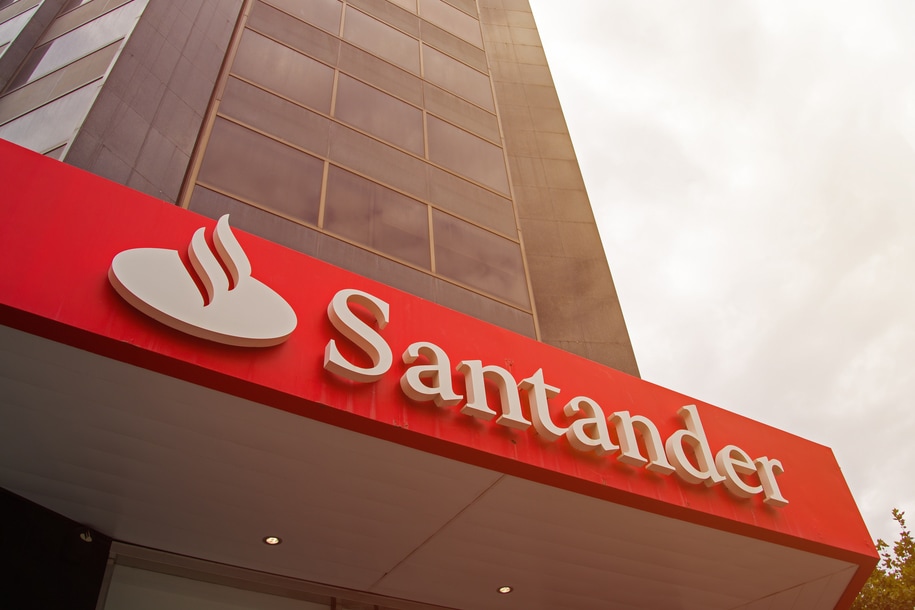Bitcoin exchanges in the Netherlands have recently been compelled to include additional verification measures on their trading platforms by De Nederlandsche Bank (DNB), the country’s central bank, with regards to clients’ bitcoin wallet addresses.
According to an official blog post made by Bitonic, the oldest cryptocurrency exchange in the Netherlands, on Monday, the addition of extra client account verification measures had complied with the Sanction Act, where the DNB had published their set requirements.
With this new development, Bitonic users and every other cryptocurrency user will now provide additional information regarding themselves and their bitcoin wallet addresses. They will be required to provide extra information such as their reason for buying and storing bitcoins and the type of wallet they are using or intending to use.
Additionally, the Sanction Act demands that Bitonic and other cryptocurrency exchanges in the Netherlands verify each client’s identity to ensure that they are the legitimate owners of the wallet address by requesting each user to either upload a screenshot of their wallet interface or sign a message.
The company had reportedly been pleading with the DNB to drop the requirements stipulated in the Sanction Act. Bitonic said in the announcement,
We have repeatedly pleaded DNB to drop this requirement as we find this measure to be ineffective and disproportionate. Unfortunately, this has had no effect.
Bitonic acknowledged that this new verification measure would prove to be a problem for its users, stating that it is also not in favor of them. To this end, therefore, it provided its users with the opportunity to object to these verification measures.
It is also quite interesting to note that the Netherlands is currently the only European country that has demanded such a strict bitcoin wallet address verification measure from cryptocurrency exchanges and users.
The DNB had earlier established a law that made every cryptocurrency-related company come under its scrutiny. The law demanded that every cryptocurrency company in the country should register with the DNB. The move was in a bid to reduce the risks associated with cryptocurrency trading, such as fraud, money laundering, and financing of criminal activities.
- Crypto Price Update July 24: BTC Maintains $66K, ETH at $3.4K, XRP, TON, and ADA Rallies
- Bitcoin Falls to $65K as Mt. Gox Transfers $2.8 Billion BTC to External Wallet
- News of Marathon Digital’s $138 Million Fine for Breach of Non-Disclosure Agreement Triggers a Bearish 2.5% of Its MARA Stock
- Are $530M Bitcoin ETF Inflows a Blessing or Caution?
- Metaplanet Teams with Hoseki for Real-Time Bitcoin Holdings Verification
- Building Secure Blockchain Systems: An Exclusive Interview with ARPA and Bella Protocol CEO Felix Xu
- Building The “De-Facto Crypto Trading Terminal”: An Exclusive Interview with Aurox CEO Giorgi Khazaradze
- Building a New Global Financial System: An Exclusive Interview With Tyler Wallace, Analytics Head at TrustToken
- “Solana is the Promised Land for Blockchain” — An Exclusive Interview with Solend Founder Rooter
- El Salvador: Where The Bitcoin Revolution Begins With A Legal Tender

 Why Trust Us
Why Trust Us







